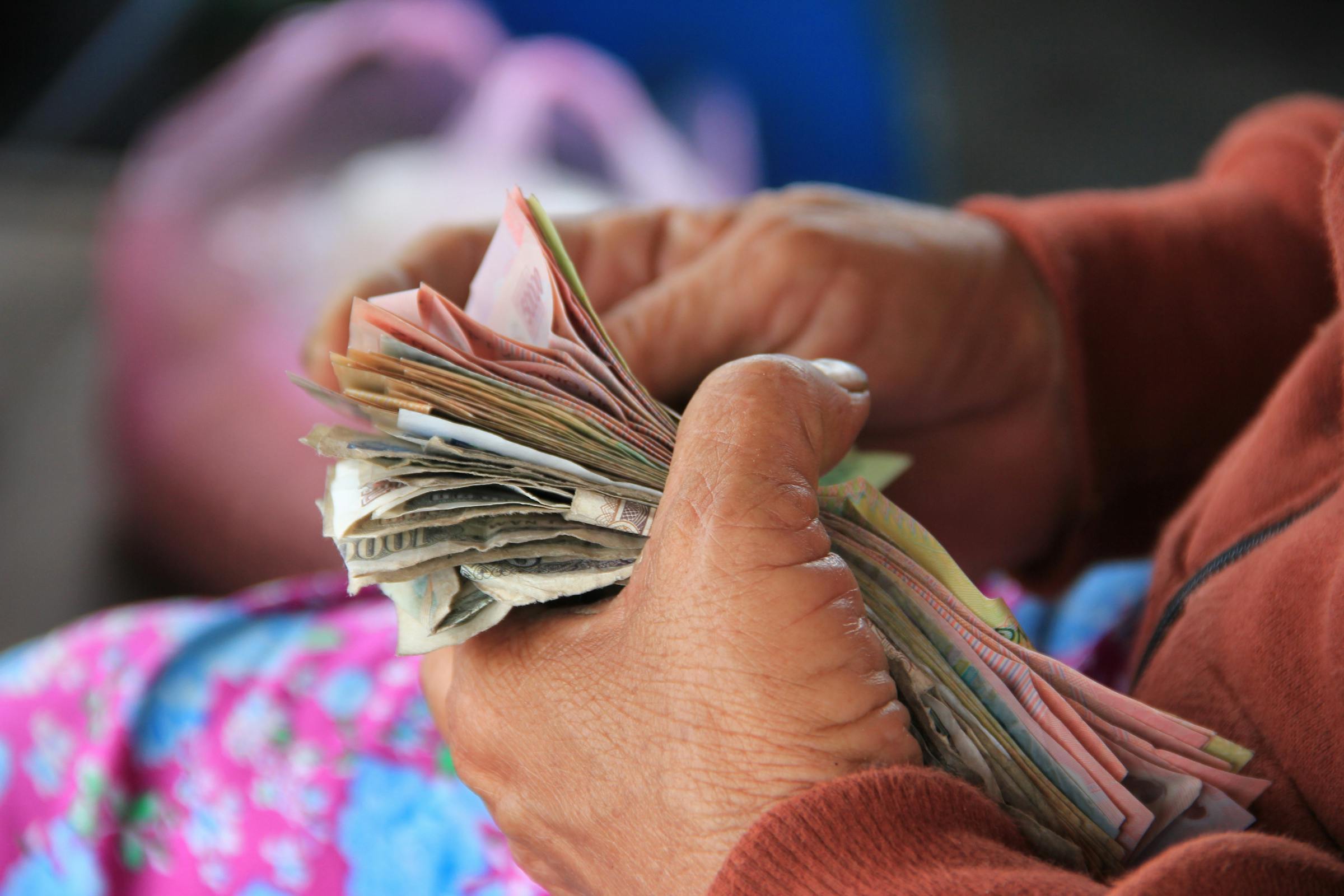Low-Cost Banking Services
Discover the Cheapest Cash Pickup Transfers
Low-Cost Options for Cash Pickups
9.3
8.3
6.4
You Might Also Be Interested...
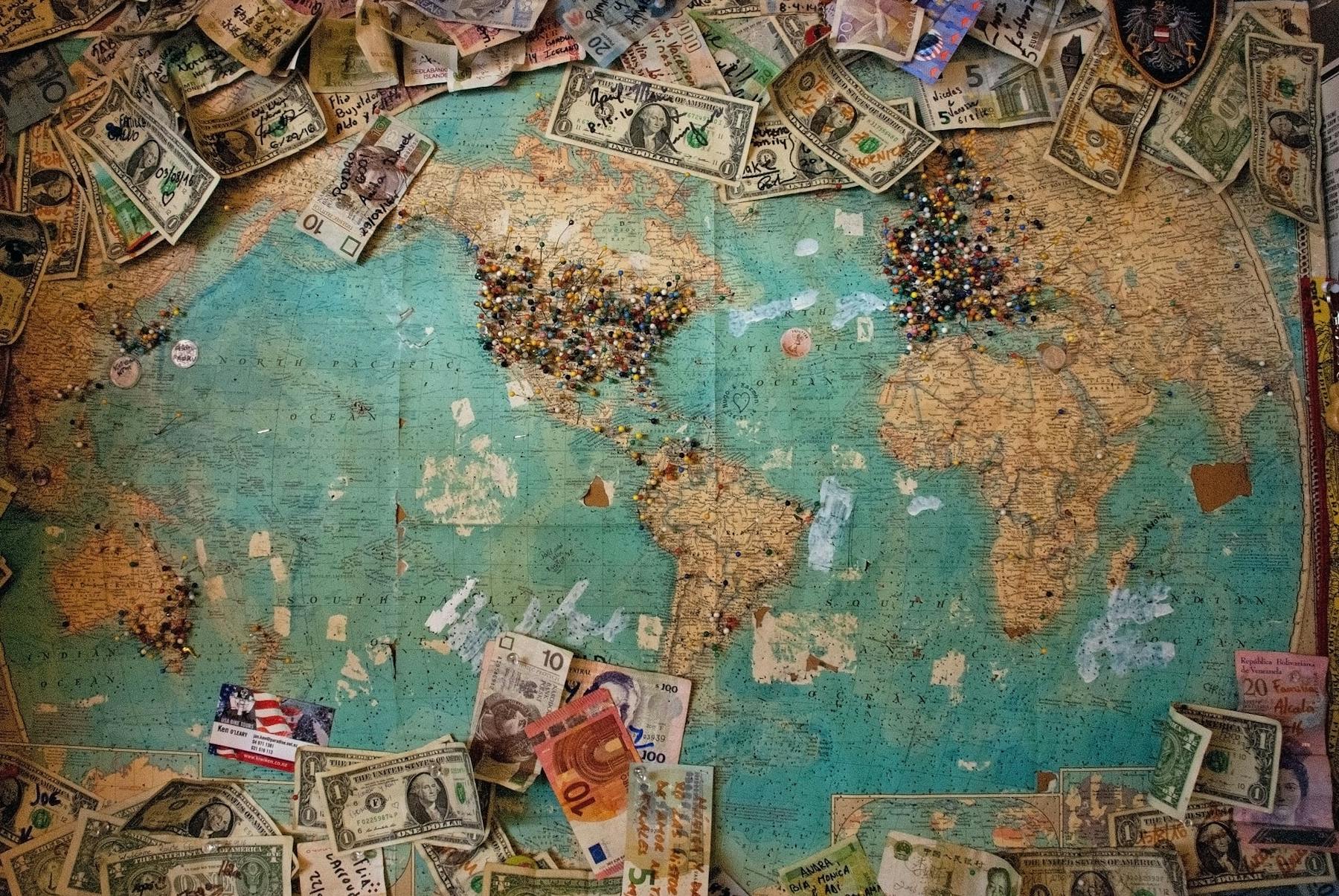
Remittances: Definition, Volumes, Trends and Analyses by Monito's Experts
August 2, 2021 - by François Briod
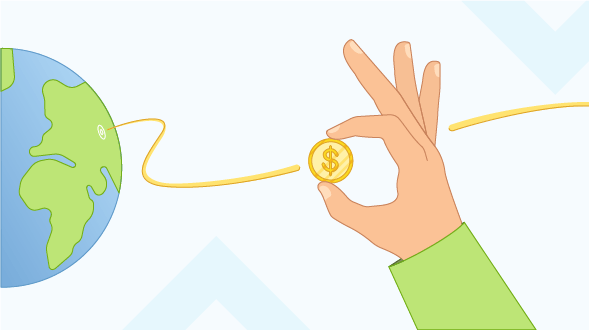
Best Ways To Send Money Internationally
March 27, 2024 - by François Briod

Cash Pick-Ups
November 22, 2021 - by Byron Mühlberg
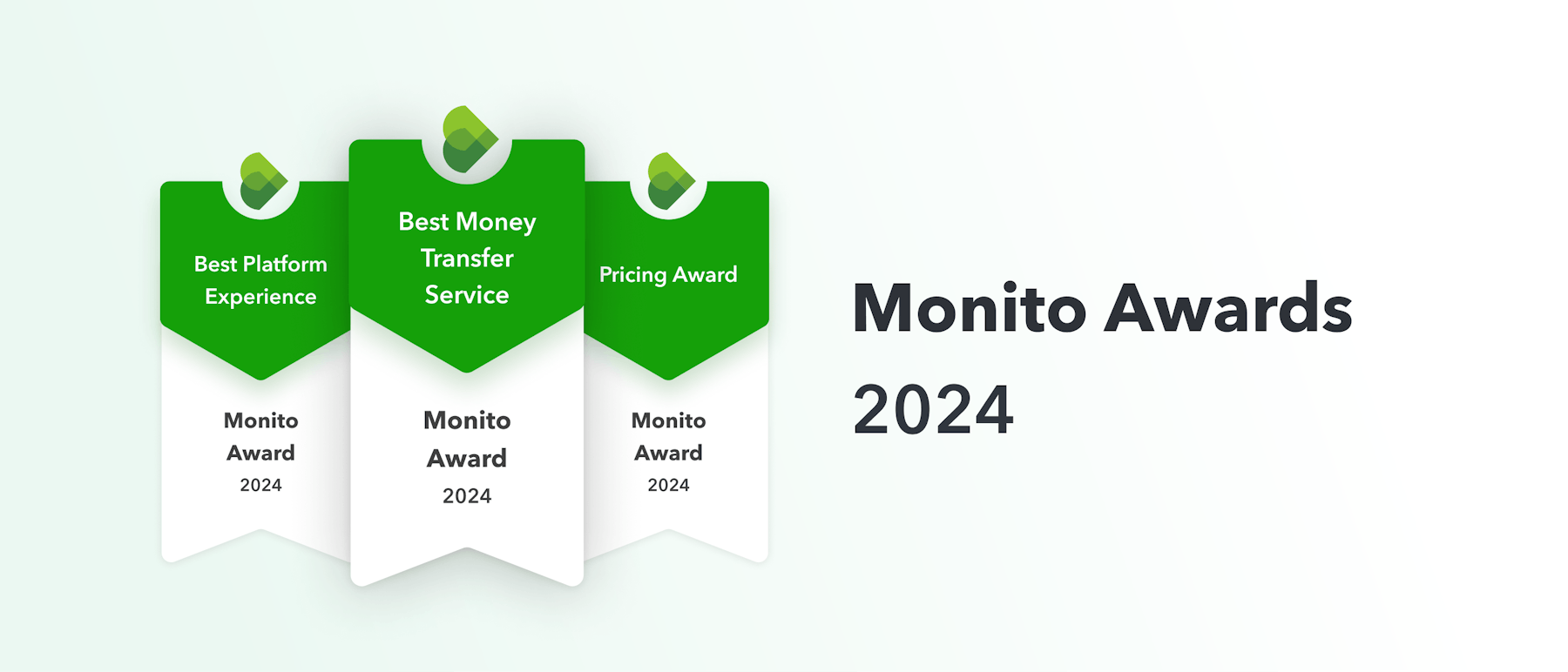
Monito Awards
April 8, 2024 - by François Briod

Internation Money Transfer Apps Ethiopia
March 1, 2024 - by Lydia Kibet

International Money Transfer Services Uganda
February 28, 2024 - by Lydia Kibet
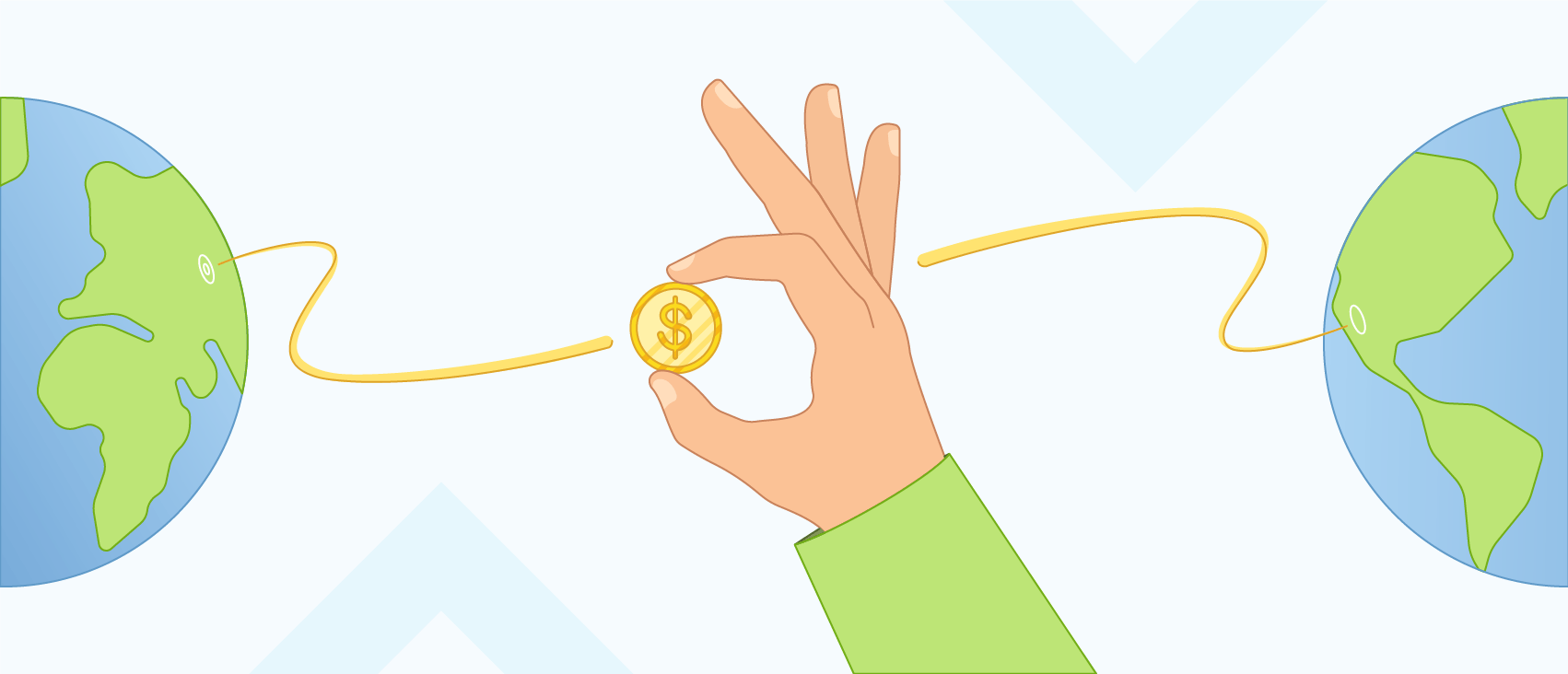
How To Send Money Internationally (Use These 5 Services)
January 16, 2024 - by Jarrod Suda
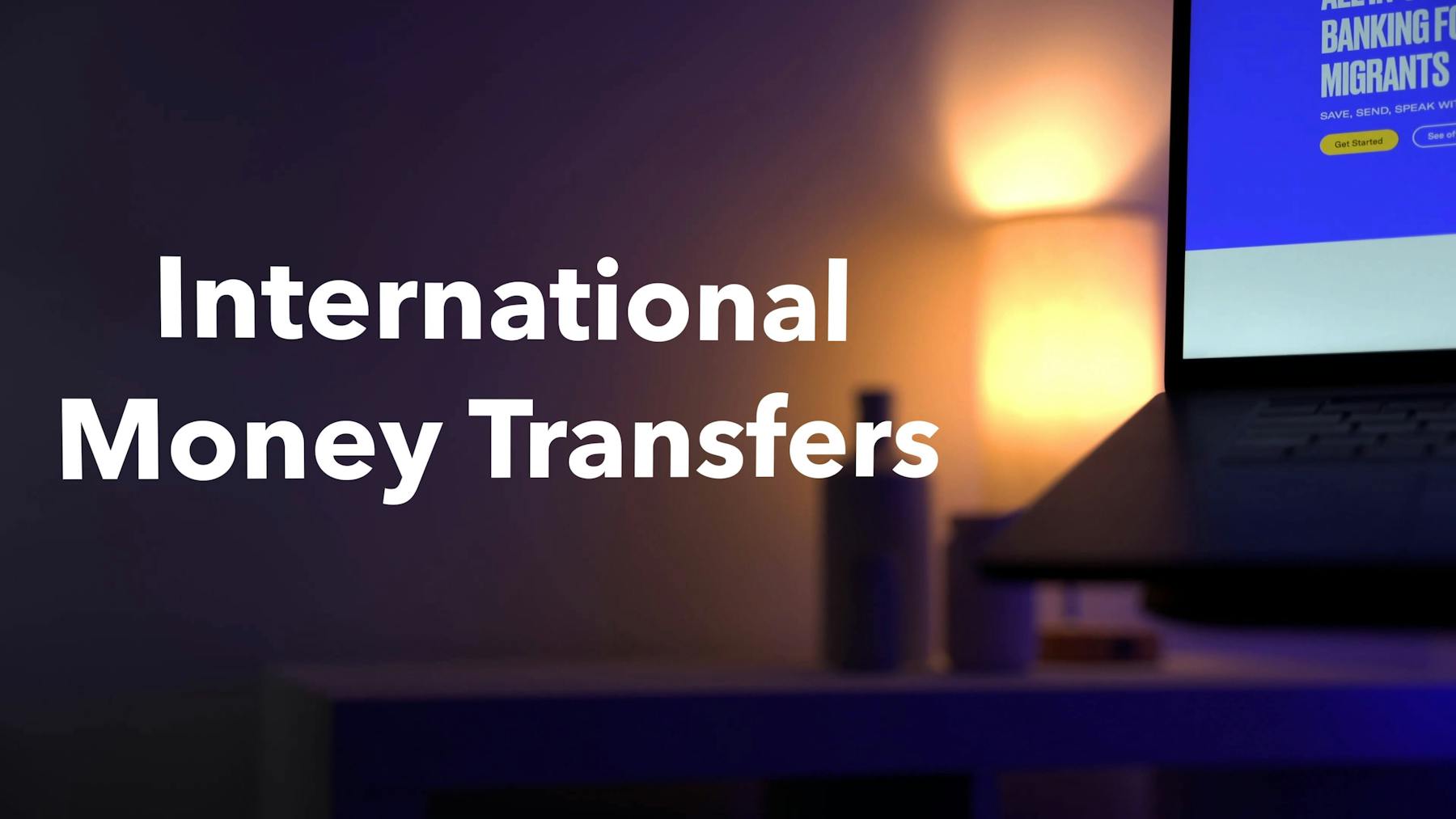
International Money Transfer
December 1, 2023 - by Lydia Kibet
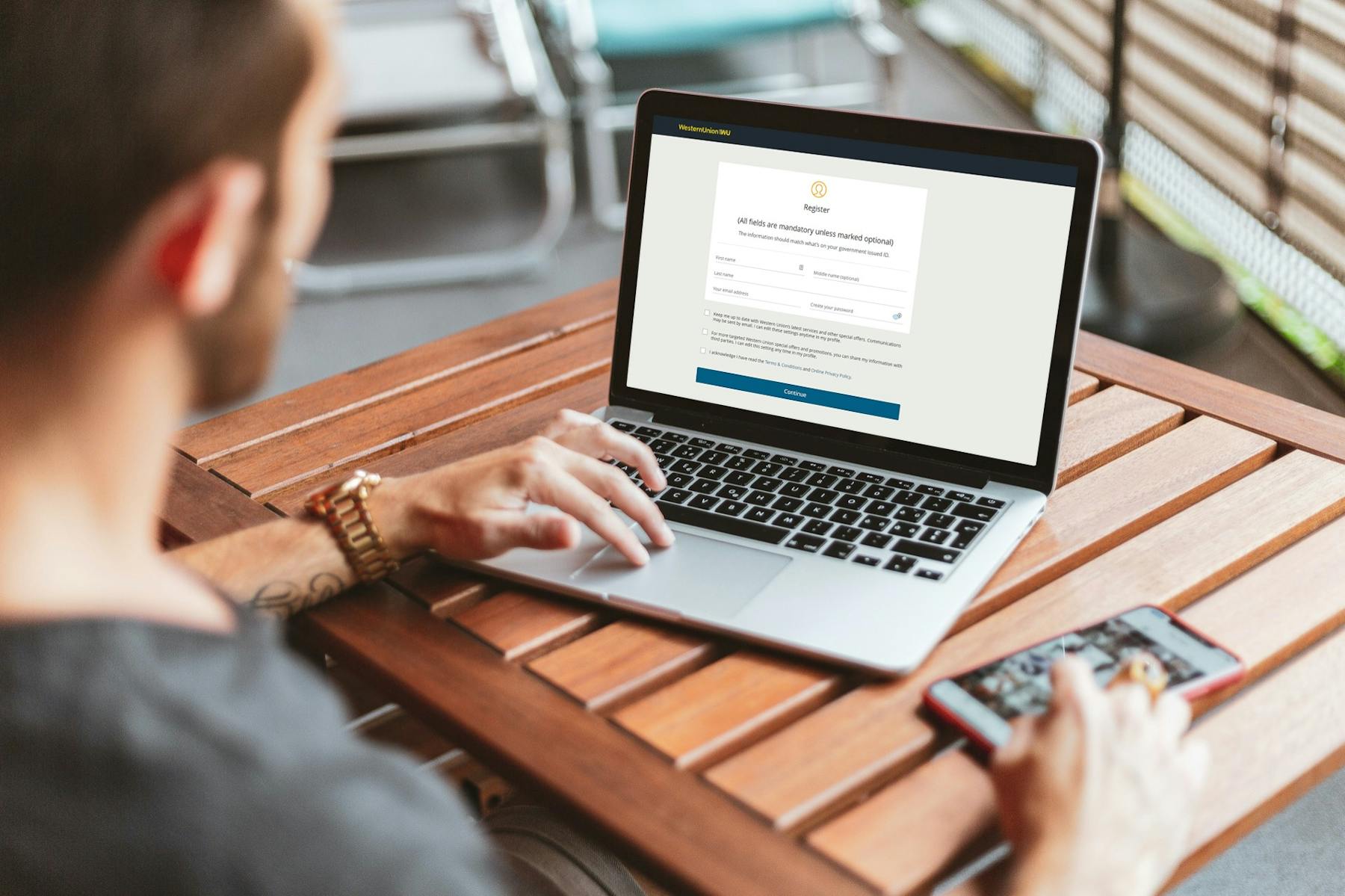
Receive Money from Western Union
November 28, 2023 - by Lydia Kibet

Best Money Transfer Services
October 11, 2023 - by François Briod
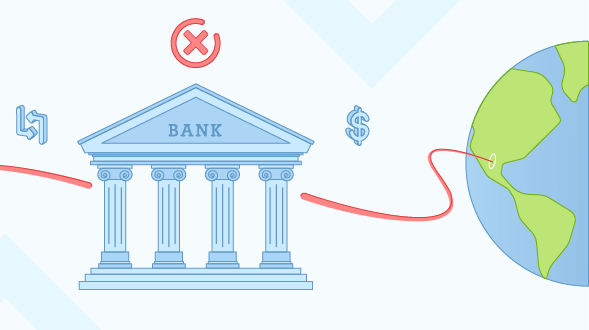
Bank Wire Transfer Fees
April 14, 2023 - by Byron Mühlberg

A Guide To Western Union's US Stores
December 22, 2022

Transfer Specialists vs Banks
November 22, 2022 - by Byron Mühlberg

Fastest Ways To Send Abroad
November 22, 2022 - by François Briod

Best Business Transfers
October 25, 2022 - by Byron Mühlberg
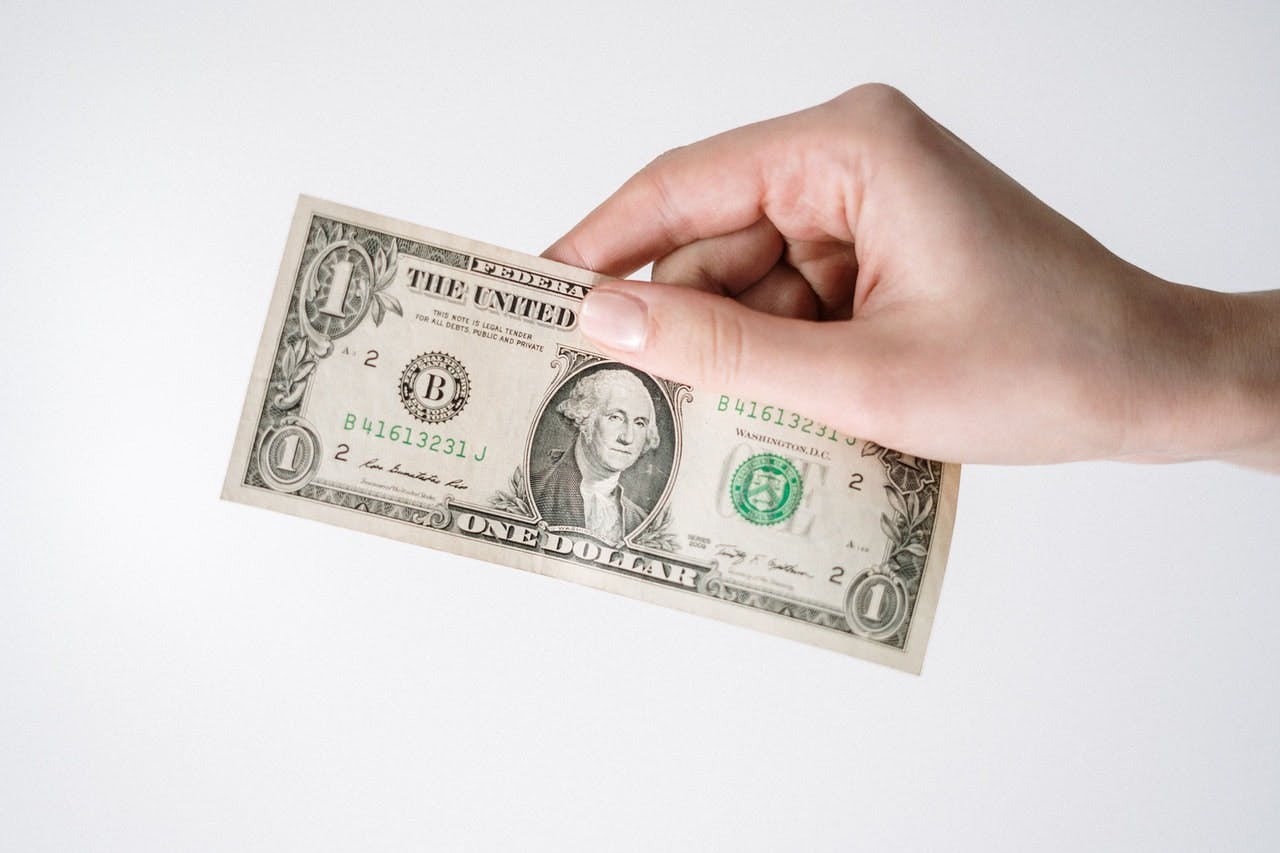
Safety When Sending Abroad
September 30, 2022 - by Byron Mühlberg
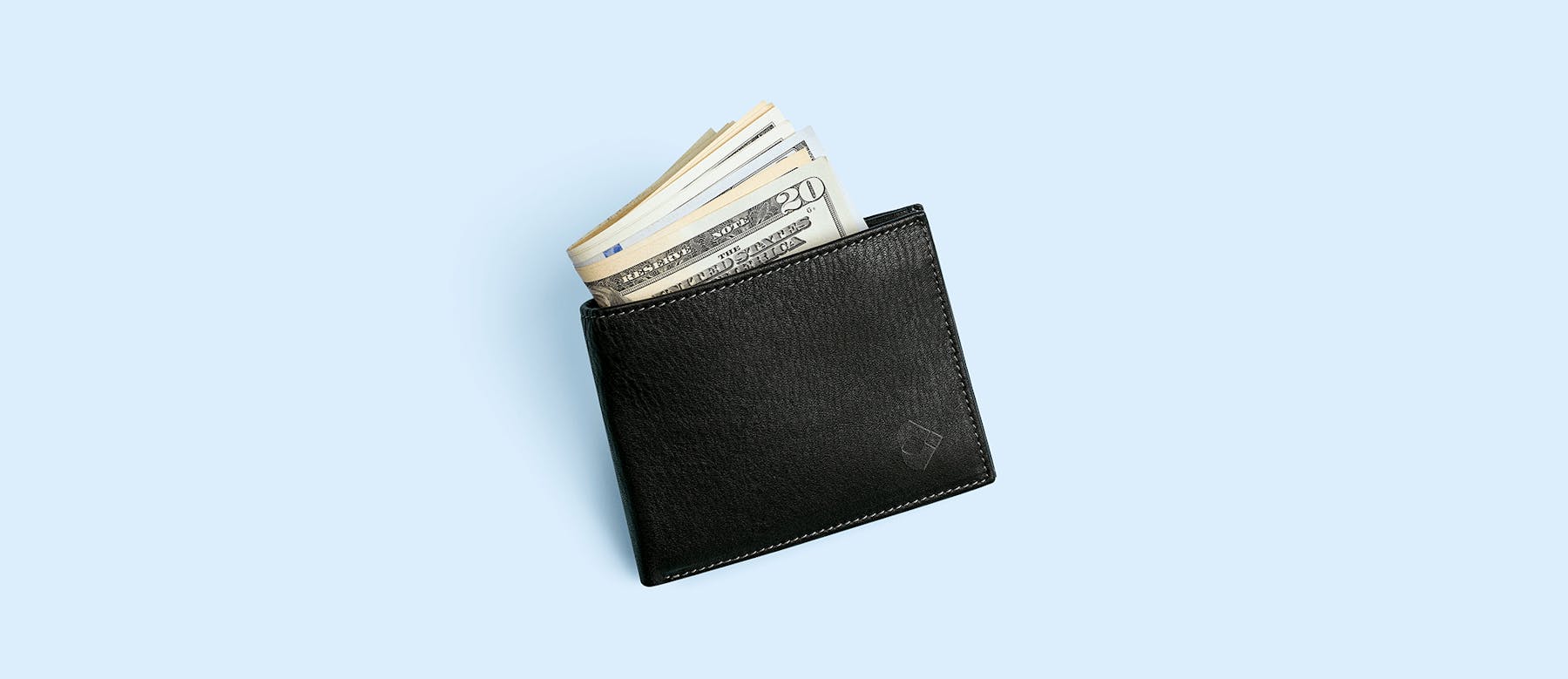
Fee-Free International Money Transfers: Are They Really Possible?
August 12, 2022 - by Byron Mühlberg
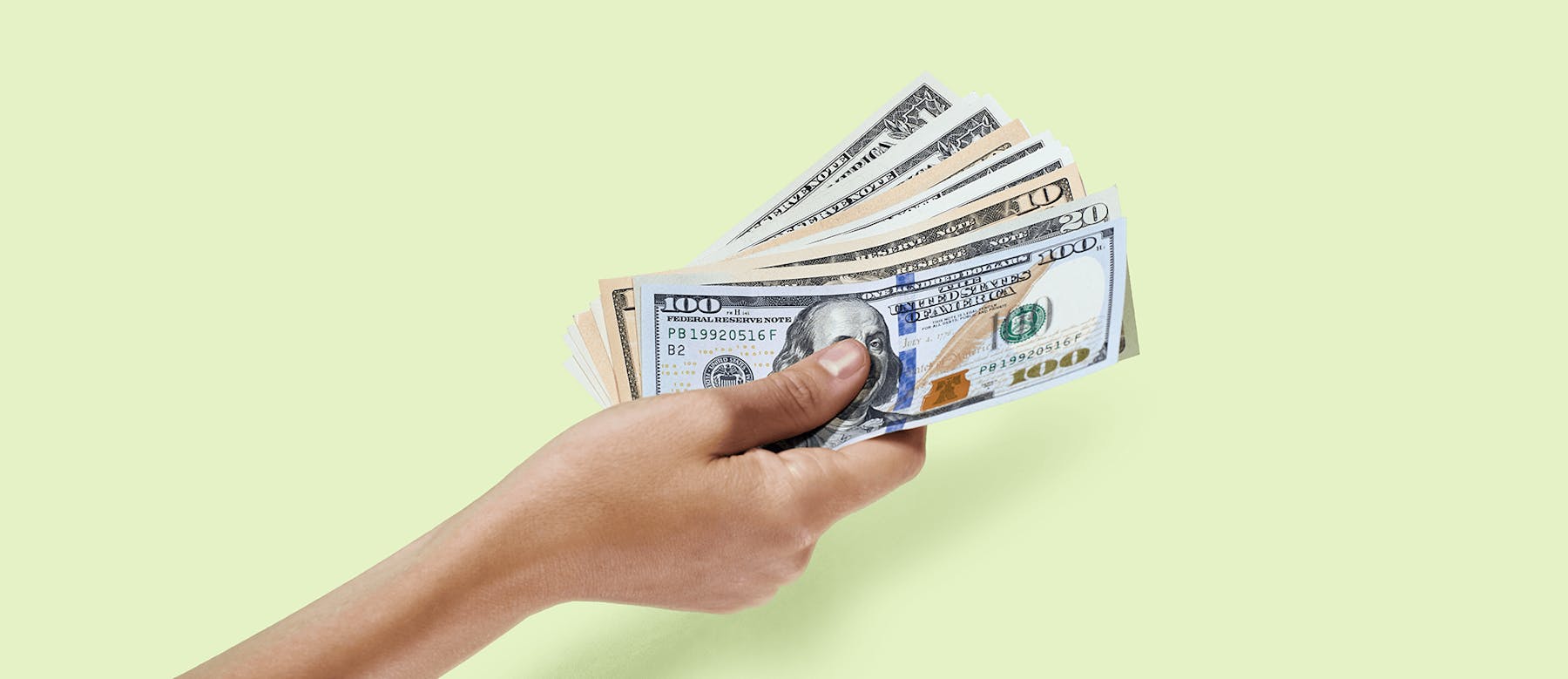
How Much Money Can I Transfer Internationally?
August 31, 2021 - by Byron Mühlberg
